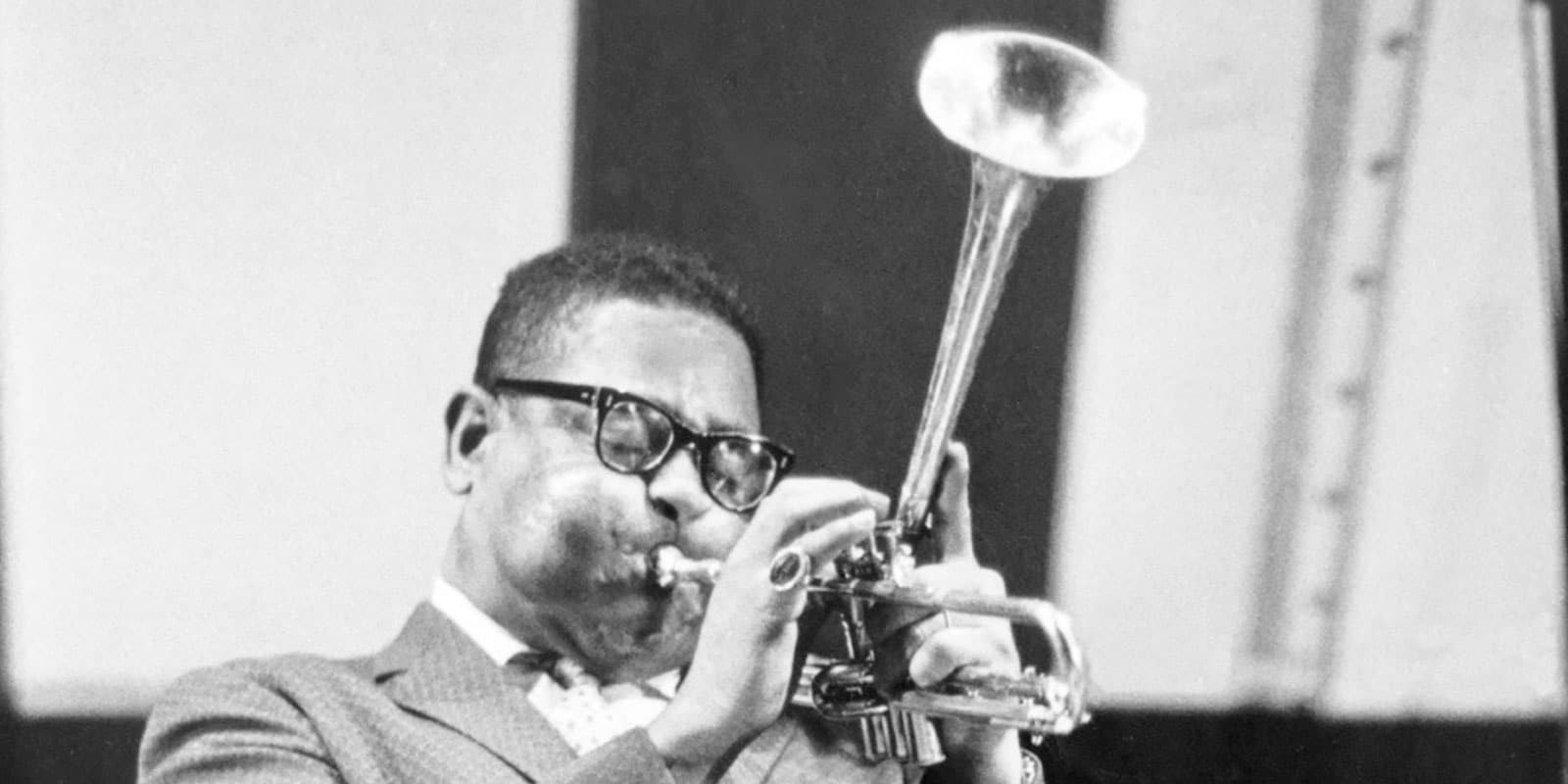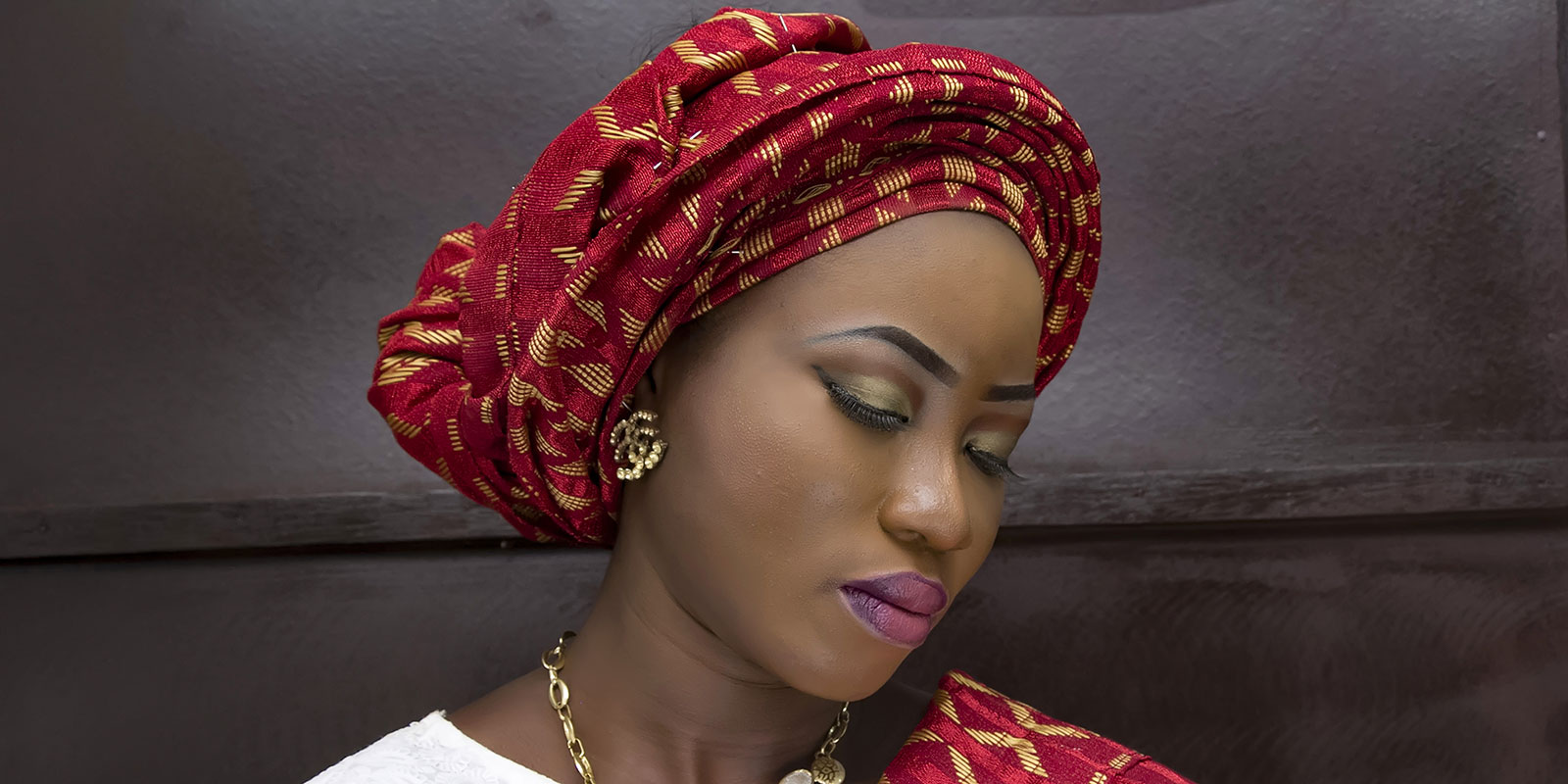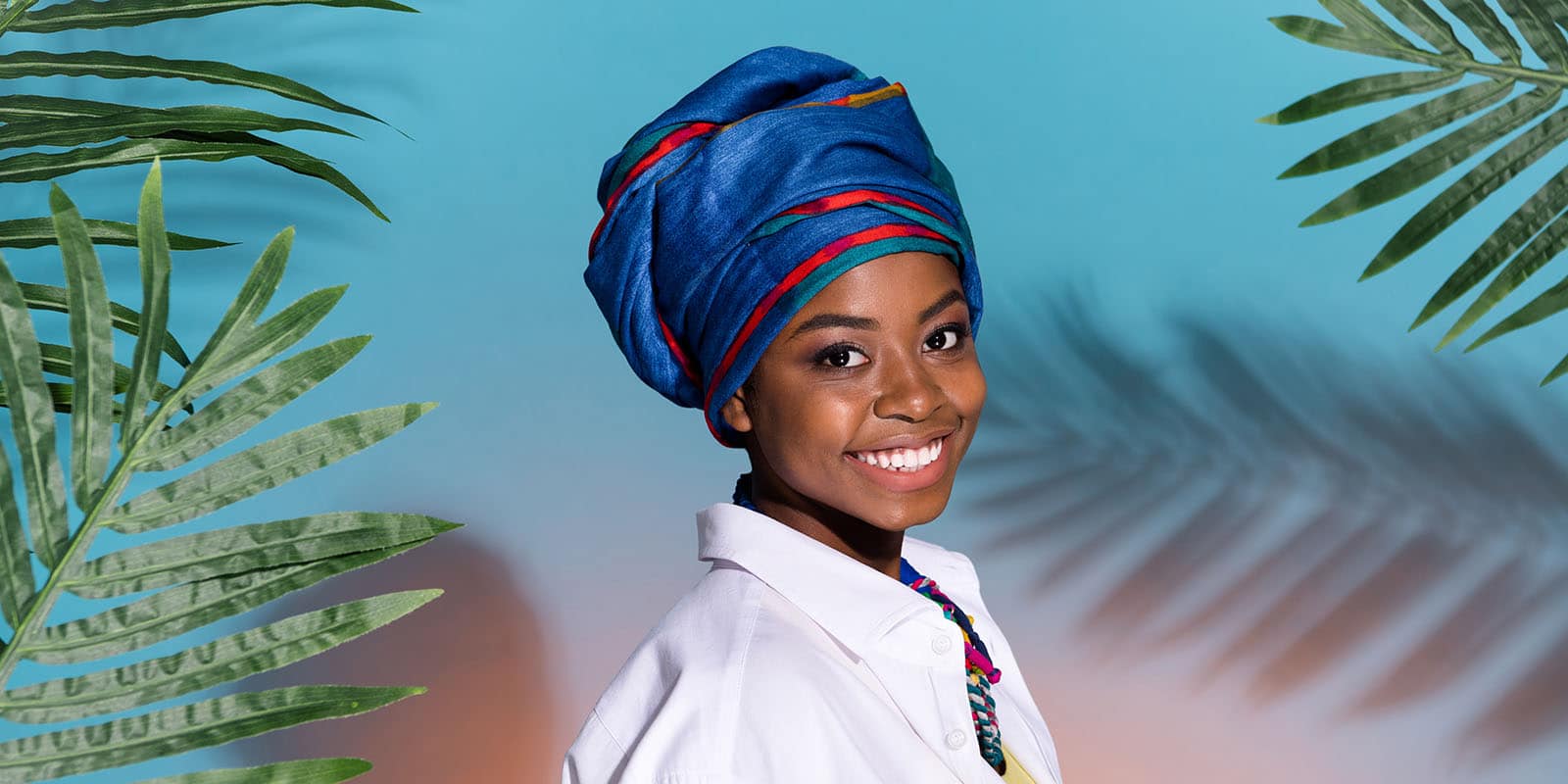African NYC isn’t necessarily Latin, but many Latins are part of the African Diaspora.
African NYC is North, South, Central, East, and West African. The African Diaspora is African American, Afro-Caribbean, Afro-Latin, Afro-European and Afro-Asian. Small-minded thinkers see us as all the same, but we are all different. We are many branches with the same root.
African American New York
African American New York is citywide, but traditionally in Harlem and Bed-Stuy, Brooklyn. Take the…
West African
West African NYC includes people from Benin, Burkina Faso, Cape Verde, Ivory Coast, Gambia, Ghana,…
Central African
Central African NYC includes people from Cameroon, Central African Republic, Chad, Congo (Brazzaville),Democratic Republic of…
Africa is Mother
Most Americans don’t understand the size, richness or diversity of Mother Africa, or how much American culture of the United States (and New York City) is African in origin.
Learning how African we are has been the biggest surprise of the New York Latin Culture Magazine project. It’s true that American history is African history. It’s equally true that American culture is African culture.
Africa is Incredibly Big and Diverse
Africa is many different peoples and cultures. At the time of contact, many African cultures were more advanced than the Europeans. The main difference was that Europeans had guns and a religion that is supposedly about peace and love, but is used by many to justify exploitation and never-ending war.
African Culture in the Americas
Henry Louis Gates Jr (Harvard University) is one of the leading chroniclers of the African Diaspora. His PBS series “Finding Your Roots” is illuminating. According to Mr. Gates, three African cultural complexes rooted in the Americas:
- Yoruba from West Africa in what are now Nigeria, Benin and Togo
- Fon from West Africa in what is now Benin.
- Kongo from Central Africa in what are now Republic of Congo, Democratic Republic of Congo and Angola.
The borders of African countries defined by European colonizers make no sense at all. We are actually a cultural continuum from North Africa through West Africa and Central Africa to Southern Africa. East African is another thing with more Arab and Indian influences, but East Africans were brought to the Americas too.
Most Americans understand African Diaspora traditions through Cuban tradition. Yoruba, Fon and Kongo traditions are distinct, but in Cuba they have blended together in what we today call Yoruba.
Yoruba traditions have even entered American pop culture as B’rer Rabbit, the Robert Johnson story and more.
The Call of the Drum
In the infamous Middle Passage, we were all mixed together. We didn’t speak the same language, but everyone understood the drum. The drum is a universal language, and the African drum is a healing instrument. The call of the West African drum is a call for everyone to gather together in peace.
Singing, drumming and dancer together as a community is a core organizing principle for African Diaspora (and Indigenous) communities. It’s an expression of family, faith, community and love. It is how we pray, and most human culture begins at home as family traditions of faith.
After the Haitian Revolution (1791-1804), colonizers banned the drum and associated traditions. But over time, something wonderful happened. Latin Jazz legend Eddie Palmieri explained at the 92nd Street Y.
The Spaniard brought the African.
Eddie Palmieri at the 92nd Street Y
The African put everyone to dance.
In the States they took away the drum,
and we got the Blues.”
Thank you Eddie. The Blues is the root of American popular music. African traditions in the Blues include call-and-response, the blue note, the call-to-prayer (both Islamic and Indigenous African), melisma, the kora, akonting and banjo. The Blues is the root of Jazz & Swing, Country, Rhythm & Blues, Rock, Rap & Hip-Hop, and Trap.
Yes, even American Country music originated in the African Diaspora.
As Americans, we never understood any of this. We had to become Puerto Rican Bomba drummers, Plena singers, and Salsa dancers just to begin to understand.
In traditional Caribbean culture, we recognize many things as the roots of American popular culture. Jazz is from New Orleans, but it’s because New Orleans is a Caribbean city. Jazz artists hear Caribbean music and say that’s my music. Caribbean artists hear Jazz and say that’s my music. Both are correct. It’s our music.
The Drum Keeps Calling us Together
We keep mixing together. Colonizers could take away the drum, but could not diminish the spirit and creativity of the African Diaspora.
The southern U.S. border, an imaginary line drawn in the sand, is a terrible divider. The drum and traditional cultures still live south of the border. North of the border the absence of the drum becomes Gospel, Ragtime, Blues and all the American music and dances that followed.
You can draw borders and build all the walls you want, but you really can’t separate people. Mixing is human nature. African Diaspora and Latin traditions got separated by borders and the drum, but keep finding their way back together.
Dizzy Gillespie is one of the padrinos (godfathers) of Modern Jazz. Dizzy, Bird and others created Bebop in 1940s New York City at Minton’s Playhouse in Harlem. Around the same time, Machito and His Afro-Cubans with music director Mario Bauzá were creating Cubop or Latin Jazz at the Palladium Ballroom.
After hours Dizzy and other Jazz cats would sit in with Machito and other Latin artists in El Barrio East Harlem and The Bronx. Going the other way, Latin musicians like Machito, Tito Puente and Tito Rodriguez would sit in with Jazz artists in Harlem. We cross-pollinated across Fifth Avenue. Duke Ellington Circle and Tito Puente Way (Fifth Avenue at 110th St) pay tribute to this.
Tito Puente started out as a dancer. He would tell his mom, that he was taking out the trash, put his dance shoes in the bag, and then go to Harlem to listen to Jazz. Puente dreamed of playing like Benny Goodman’s drummer Gene Krupa. Krupa had a particularly wild style of performing. He looked possessed. Tito made that style is own. He dances the timbales and looks totally possessed. It also correlates with the African Diaspora tradition of dancing with the saints.
Dizzy liked the Latin groove and probably recognized some of himself in it. He asked Machito’s music director Mario Bauzá, for a conga player. Bauzá introduced Chano Pozo to Dizzy. From that collaboration we got Jazz classics like “Manteca” and “Tin Tin Deo.”
So colonizers took away the drum, but Dizzy brought it back. Today, nobody thinks twice about a Latin rhythm section in a Jazz band. You almost expect it, but it didn’t happen until we all got together once upon a time in New York City. The mixing continues.
Salsa was created in New York City in the 197os from Cuban Son. Musicians from many countries contributed, but it developed in NYC’s Puerto Rican communities. Salsa sounds a little different in every country. In New York it has Jazz and Broadway in it.
Hip-Hop was created by African American kids in the South Bronx in the 1970s, but Latin kids put their parent’s Palladium Ballroom dance moves into Hip-Hop dancing. (The Palladium stars were Machito, Tito Puente and Tito Rodriguez.) In Hip-Hop attitude and dance moves, we recognize Cuban Rumba and Puerto Rican Bomba dance styling and moves.
Spanish and French troubadour traditions from Medieval times became Trova in Cuba, Trovadores in Puerto Rico, and then Rap in New York City. A Trovadore battle in Puerto Rico looks and sounds exactly like a Rap battle. We were blown away to see it in the mountains of Puerto Rico and wonder who influenced who.
Reggaeton starts with Jamaican Reggae and Dancehall. Jamaicans finishing the Panama Canal brought their music with them. Bus drivers began using it for pregones songs to sell bus rides. In New York City, Panamanian singer El General (“Tu Pum Pum” LOL) noticed that his fans got more excited when he rapped in Spanish instead of Jamaican patois and Reggae en Español was born. New York Puerto Ricans took it to Puerto Rico where it became Reggaeton.
Trap is a form of Hip-Hop from 1990s Atlanta that has strong R&B influences. Looking to bring more R&B into their sound, Puerto Rican reggaetoneros adopted Trap’s signature hi-hat and Latin Trap was born. Reggaeton, Latin Trap and Rock are today’s youth music globally.
African, Latin, American, whatever, we keep mixing together. American and Latin music are a great quilt made by all of us. Parts keep getting separated, but we keep sowing them back together. Give us your most tired, poor, wretched things and we’ll make something beautiful out of them.
Escucha los tambores. Follow the drum because it means we are gathering together in peace. African NYC is a lot of things, including many things we may not even realize are African. African NYC has a lot to be proud of.



